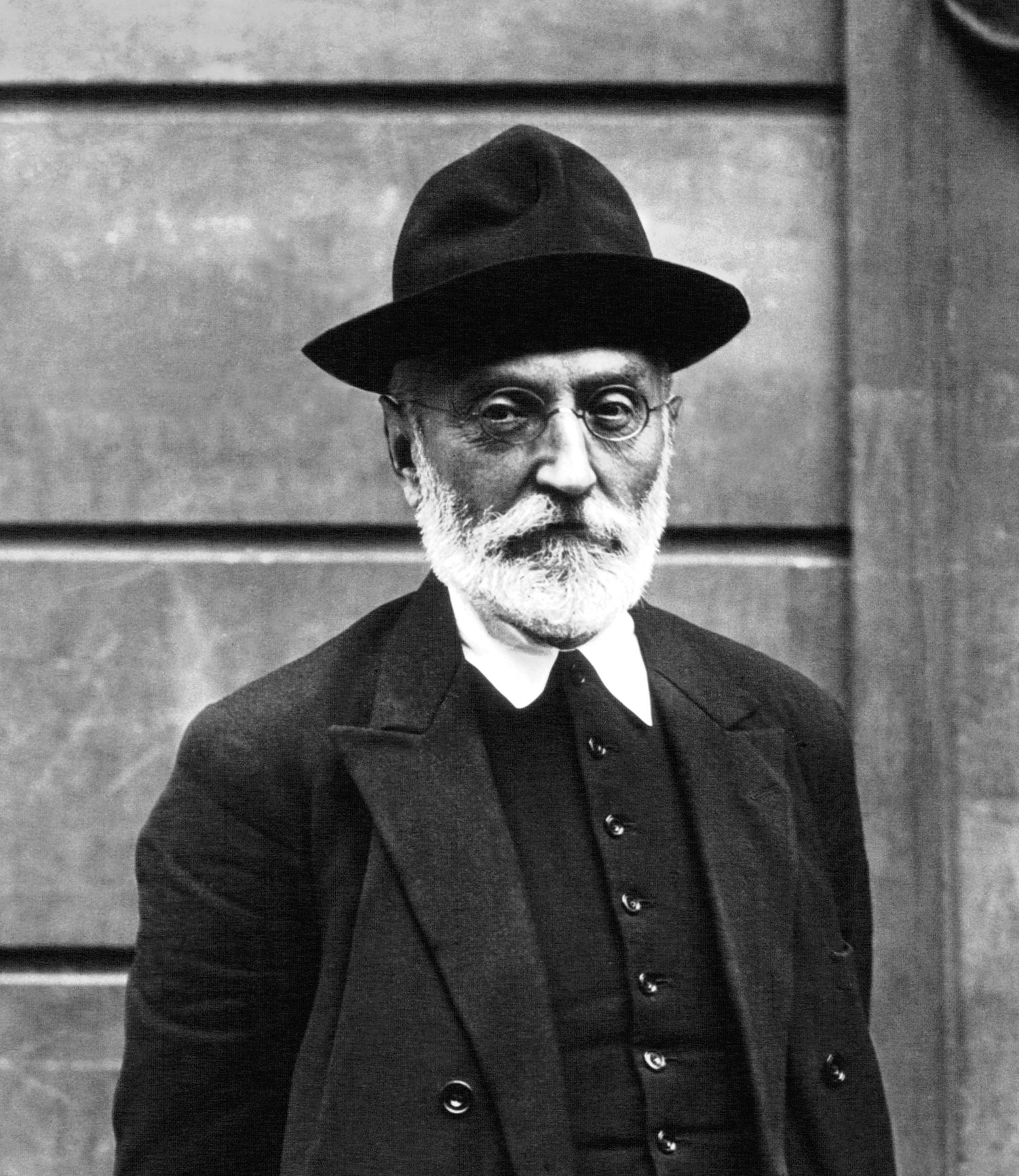Miguel de Unamuno frasi celebri

“Noi uomini viviamo insieme, ma ognuno muore da solo e la morte è la suprema solitudine.”
L'agonia del Cristianesimo
Frasi sulla verit di Miguel de Unamuno
Miguel de Unamuno Frasi e Citazioni
“Accade invariabilmente che il punto di partenza della saggezza sia la paura.”
Origine: Citato in John Lukacs, Democrazia e populismo, traduzione di Giovanni Ferrara degli Uberti, Longanesi, 2006, p. 190.
“Il mestiere dei cristiani non è vendere il pane ma il lievito.”
Origine: Citato in Giacomo Panizza, Capaci di futuro, Rubbettino Editore, 2005.
“Soltanto chi mette a prova l'assurdo è capace di conquistar l'impossibile.”
Origine: Spesso questa citazione viene erroneamente attribuita, in forme simili, a Albert Einstein e Maurits Cornelis Escher, in realtà le prime attribuzioni ai due sono tardive rispetto alla data della loro morte (1997 per Einstein, morto nel 1955 e 2007 per Escher, morto nel 1971).
Origine: Da Vita di don Chisciotte e Sancio Panza (Vida de Don Quijote y Sancho, 1905), traduzione di Antonio Gasparetti, Mondadori, 2006, p. 158 https://books.google.it/books?id=100k18ZHLikC&pg=PA158. ISBN 884249884X
“Chi impone la fede a un altro con la spada, quello che cerca di convincere è se stesso.”
L'agonia del Cristianesimo
“L'essenza dell'uomo è la pigrizia e quindi l'orrore della responsabilità.”
L'agonia del Cristianesimo
“La storia è il pensiero di Dio sulla terra degli uomini.”
L'agonia del Cristianesimo
“Vedo la politica elevata a religione e la religione elevata a politica.”
L'agonia del Cristianesimo
Origine: Citato in Lucrezia Cipriani Panunzio, Quimo-Casey un antieroe, La Fiera Letteraria, n. 17, aprile 1973.
“Colui che vive lottando contro la stessa vita agonizza.”
Origine: Citato in Thomas Merton, Presentazione a Ernesto Cardenal, Canto all'amore, Cittadella Editrice.
Miguel de Unamuno: Frasi in inglese
The Tragic Sense of Life (1913), III : The Hunger of Immortality
The Tragic Sense of Life (1913), II : The Starting-Point
The Tragic Sense of Life (1913), Conclusion : Don Quixote in the Contemporary European Tragi-Comedy
The Tragic Sense of Life (1913), IX : Faith, Hope, and Charity
The Tragic Sense of Life (1913), IV : The Essence of Catholicism
The Tragic Sense of Life (1913), VIII : From God to God
The Tragic Sense of Life (1913), II : The Starting-Point
The Tragic Sense of Life (1913), II : The Starting-Point
The Tragic Sense of Life (1913), III : The Hunger of Immortality
The Tragic Sense of Life (1913), X : Religion, the Mythology of the Beyond and the Apocatastasis
The Tragic Sense of Life (1913), V : The Rationalist Dissolution
The Tragic Sense of Life (1913), VII : Love, Suffering, Pity
The Tragic Sense of Life (1913), X : Religion, the Mythology of the Beyond and the Apocatastasis
for this it is that constitutes the life of the spirit. May it be that consciousness and its extended support are two powers in contraposition, the one growing at the expense of the other?
The Tragic Sense of Life (1913), X : Religion, the Mythology of the Beyond and the Apocatastasis
The Tragic Sense of Life (1913), VIII : From God to God
The Tragic Sense of Life (1913), I : The Man of Flesh and Bone
to call this load that well nigh crushes our heart pure curiosity!
The Tragic Sense of Life (1913), X : Religion, the Mythology of the Beyond and the Apocatastasis
